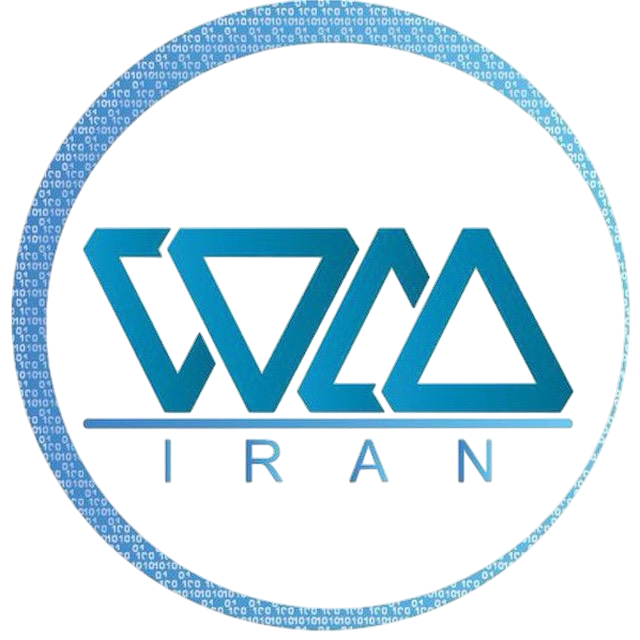Кто такой DEV в криптовалюте и почему это важно?
Если вы бывали в крипточатах или читали обсуждения на форумах, то наверняка видели, как люди пишут: “где DEV?” или спрашивают, работает ли команда над проектом.
Но что на самом деле означает DEV и какую роль он играет в жизни криптопроекта?
На wmiran.com мы предлагаем анонимные обмены криптовалют, но также считаем важным делиться знаниями. Ниже — простое объяснение того, кто такой DEV и почему без него проект не выживет.
Что означает DEV?
DEV — это сокращение от слова developer, то есть разработчик. Это человек или команда, которые пишут, обслуживают и развивают код криптопроекта или смарт-контрактов.
Они пишут код. Они находят и исправляют ошибки. Они добавляют новые функции, внедряют обновления, улучшают протокол. Проще говоря — без DEV нет проекта.
Что делают разработчики?
- Создают смарт-контракты и dApp-приложения
- Обслуживают и обновляют кодовую базу (обычно через GitHub)
- Выпускают обновления и патчи безопасности
- Общаются с сообществом через GitHub, Twitter, Telegram
- Реагируют на баги и предложения от пользователей
Если проект активно поддерживается разработчиками — он жив. Если нет DEV-активности — скорее всего, проект мёртв или заброшен.
Почему активность DEV так важна?
В криптомире вы инвестируете не только в токен — вы инвестируете в код. А код пишут люди — разработчики.
Если разработчики неактивны:
- Ошибки не исправляются
- Уязвимости остаются открытыми
- Проект не развивается
- Сообщество теряет доверие
Поэтому вопрос “где DEV?” — это не просто мем. Это быстрый способ понять, жив ли проект.
Как проверить активность DEV?
Вот, на что стоит обратить внимание:
- GitHub: есть ли последние коммиты и обновления кода?
- Социальные сети: общается ли команда в Twitter, Telegram?
- Дорожная карта: обновляется ли она? Выполняется ли?
- Аудит: устраняются ли замечания аудиторов?
Открытый GitHub — лучший индикатор. Если код не обновляется — никакие красивые сайты и маркетинг не спасут проект.
Всегда ли DEV — это публичный человек?
Нет. Многие разработчики работают анонимно или под псевдонимами. Это нормально — главное, чтобы работа шла, а код был качественным.
Но если у проекта нет кода, нет GitHub, нет dev-команды и никто не отвечает — это тревожный сигнал.
Заключение
В крипте слово DEV означает не просто “разработчик” — оно означает жизнь, развитие и безопасность проекта.
На wmiran.com мы сами не DEV, но мы всегда советуем пользователям: DYOR (делай собственное исследование) — и в первую очередь проверь, есть ли dev и что он делает.
Если dev исчез — проект скоро за ним.




